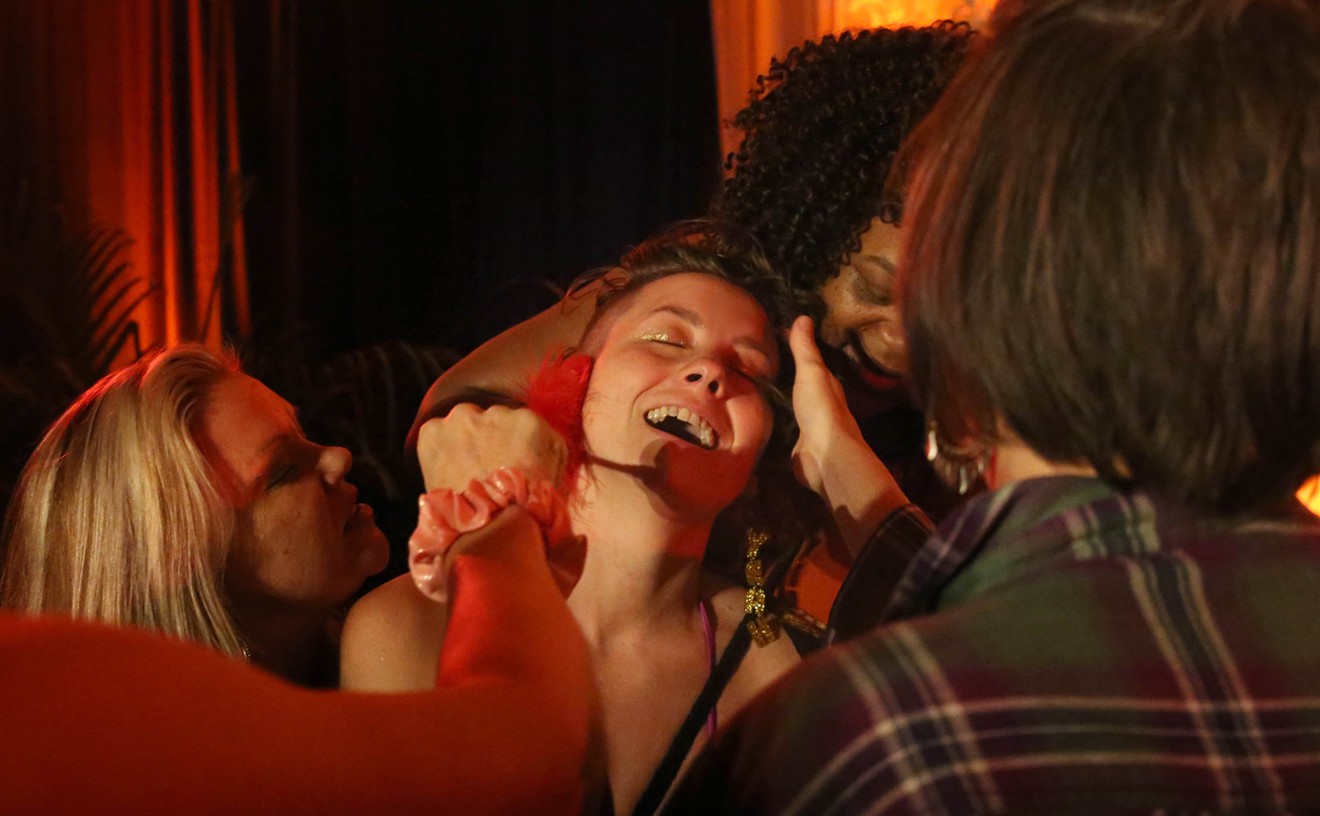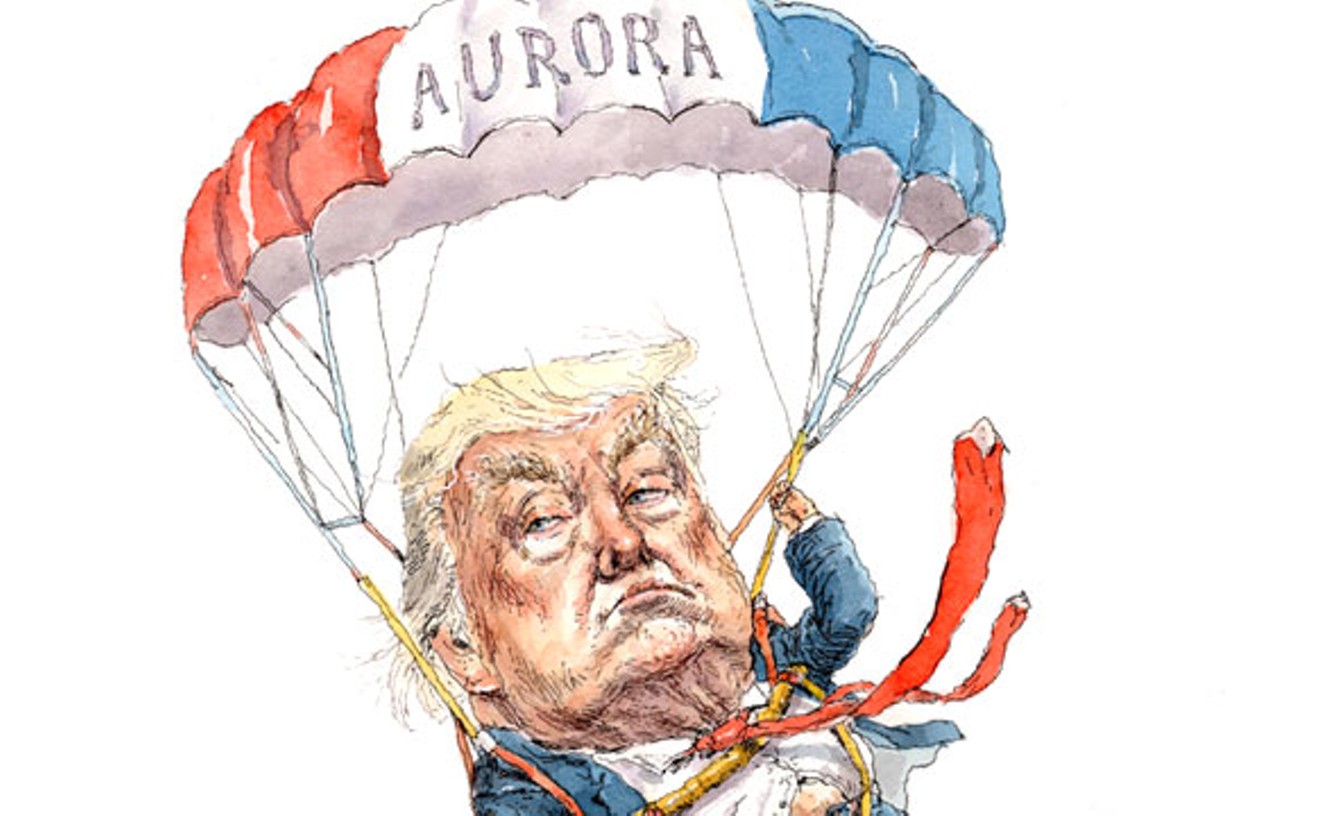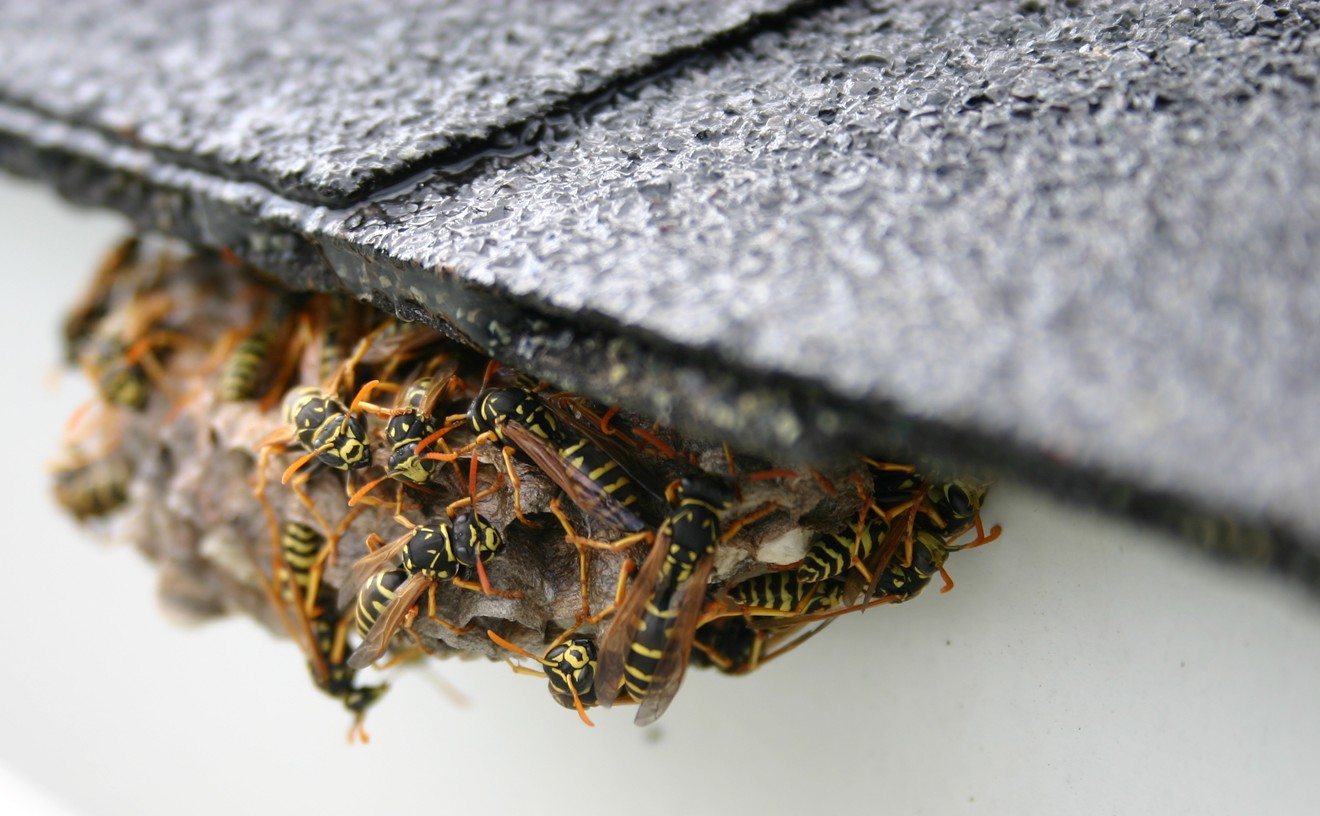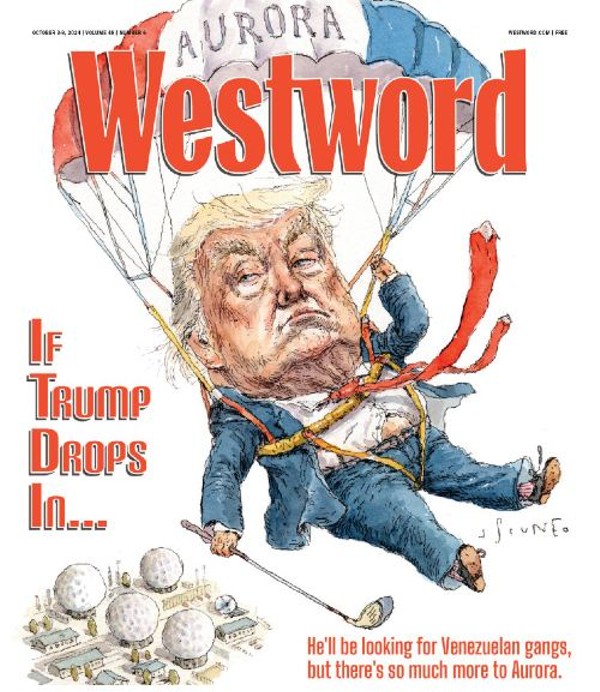You have until 7 p.m. on Tuesday, June 25, to vote on who will become your political party's candidate for numerous races in November's general election. (One exception: Since no Republican is running for Denver District Attorney, the primary race between John Walsh and Leora Joseph will essentially determine that election.) Unlike the presidential primary in March, the state primary election decides candidates for local offices, ranging from district attorneys to state legislators to members of Colorado's congressional delegation.
This year, the state primary ballot also includes a special vacancy election to fill an open seat in the U.S. House of Representatives.
Here's everything you need to know about the state primary election this year...except who to vote for:
How to Vote
The deadline to cast a ballot via mail was June 17. Now Coloradans must turn in their votes using a ballot drop box or an in-person voting center by 7 p.m. on Election Day, June 25. This year, 155 voting centers and over 400 drop boxes are open throughout the state — find the nearest location at GoVoteColorado.gov.Coloradans who aren't registered to vote can register at an in-person voting center up until 7 p.m. on Election Day. They'll be able to register, get a ballot and cast their vote all at once.
Those who don't get their ballot in the mail or lose their ballot can request a replacement from their county clerk; the contact information for each county clerk's office is available at ColoradoSOS.gov. They can also vote in person at a voting center without receiving a mail ballot.
Who Can Vote in Which Primary?
Coloradans who are registered with either the Republican or Democratic Party are only eligible to vote in their party's primary election and should have received a ballot for their party. Voters registered with minor parties can also only vote in their party's primary; however, none of Colorado's eight minor parties are holding a primary election this year.Unaffiliated voters can vote in either the Republican or Democratic primary. They were sent ballots for both party primaries and can choose which one to submit. In order for that vote to be counted, an unaffiliated voter can only submit a ballot for one party.
The deadline for Coloradans to change their party affiliation before the primary election was June 3, so voters are stuck with their current party affiliation for this election. But if they're not registered at all, there is still time; they can register with any party up until 7 p.m. on Election Day.
Who's on the Ballot?
The state primary will feature 259 candidates running to be their party's nominee for 120 different offices, with each voter's ballot varying depending on their district and political party.This includes races for all eight Colorado U.S. House of Representatives seats; eighteen state Senate districts; 65 state House districts; 22 district attorney seats; four state Board of Education districts; and three University of Colorado Board of Regents positions...the only statewide spots on the ballot.
Four candidates on the ballot are no longer running for office: Robert Tate for state Senate District 29, Luis A. Moy for state House District 61, Charles Alvarado for state House District 63, and Kristine Sposato for University of Colorado Regent Congressional District 3. Sposato withdrew her candidacy, while the other three were disqualified for failing to submit a candidate affidavit and personal financial disclosure, according to the Colorado Secretary of State's Office.
These four individuals will still appear on the ballot, because the deadline for printing ballots had already passed when they withdrew or were disqualified. Any votes cast for these candidates will not be counted.
What About the CD4 Vacancy Election?
In addition to the many primary races, this year's ballot also features the vacancy election for Congressional District 4. Former U.S. Representative Ken Buck, who held the seat, resigned from Congress on March 22. Now, voters will choose someone to complete the remainder of Buck's term, which ends in January 2025.The vacancy candidates, as listed by their ballot order, are Frank Atwood of the Approval Voting Party, Hannah Goodman of the Libertarian Party, Greg Lopez of the Republican Party, and Trisha Eloise Calvarese of the Democratic Party.
All voters who live within the CD4 region — largely the Eastern Plains, but also Douglas County — can vote in the vacancy election, regardless of their party affiliation. Minor party members whose parties are not holding a primary election should have received a ballot that includes only the CD4 vacancy question.
Voters in CD4 were given fifteen days of early voting, with at least one in-person voting center opening in each county by June 10. Counties in CD4 with more than 10,000 voters also have double the number of voting centers than required for a typical state primary election, according to the Secretary of State's Office.
What's Next?
The candidates selected during the primary election on June 25 will move on to compete in the general election on November 5. Those ballots will be sent to voters starting in early October.During the general election, voters will also select the next president, in addition to deciding the fate of dozens of potential ballot measures. Initiative proposal proponents have until August 5 to collect and submit enough signatures to qualify for the ballot. The Secretary of State's Office will announce which measures made the cut by September 4.
Keep an eye on our Election topic page for all the latest.













